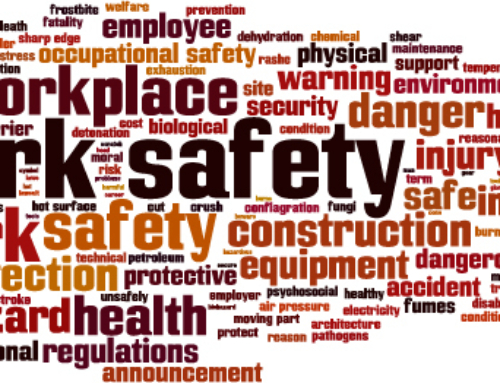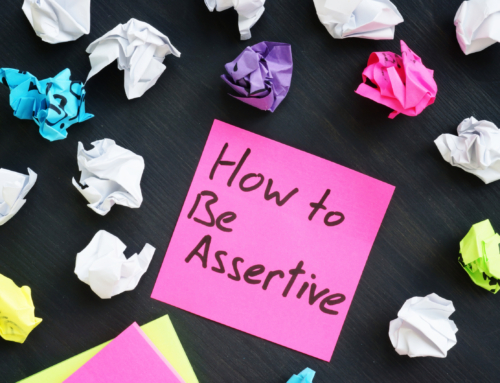Your Defence Mechanisms: Built for Survival
From an early age, we develop psychological defences to protect ourselves from emotional harm. These behaviours serve a real purpose, helping us navigate uncertainty, rejection, or stress. The problem is that as we grow and our environment changes, these once-useful mechanisms may no longer be effective—or worse, they might start working against us.
For example, someone who learned to avoid confrontation as a child to keep the peace may struggle to assert themselves in their adult relationships or workplace. The fear that originally shaped the behaviour might not even be relevant anymore, yet the response remains.
The Hidden Cost of Unexamined Reactions
When we react automatically without assessing the situation, we risk reinforcing untested beliefs. These unconscious patterns can limit our interactions, increase stress, and create unnecessary anxiety. Often, we assume our instincts are protecting us, when in reality, they may be holding us back.
At the same time, it’s important to recognise that these defences are not inherently bad. They were developed to meet our basic psychological needs:
- Feeling Loved – Knowing we are accepted and valued.
- Feeling Worthy – Believing we have significance and value.
- Feeling in Control – Having agency over our own lives and decisions.
The Key Isn’t to Eliminate Your Defences—It’s to Recognise and Manage Them
Your automatic responses don’t need to be discarded; they need to be examined and adjusted. Instead of viewing them as flaws, recognise them as tools that you can choose to use—or not—depending on the situation.
Ask yourself:
- What triggered my reaction? Identify the stimulus.
- What belief is driving this response? Is it still relevant or based on outdated fears?
- Does this reaction help or hinder me in this moment?
Training Your Mind to Think Differently
The good news? Just as you trained yourself to react in a certain way, you can retrain yourself to think differently. This requires awareness and deliberate effort:
- Practice mindfulness – Notice your reactions without immediate judgment.
- Challenge assumptions – Are you seeing the situation clearly or through the lens of past fears?
- Experiment with new responses – Try acting differently in low-risk situations and observe the results.
Breaking the Cycle
Modern society, especially in places like Australia, has largely solved our physical survival needs—most people don’t worry about food, water, or shelter. However, psychological security is a daily concern, as we navigate relationships, work, and personal growth.
To build a healthier, more adaptable mindset:
- Pause before reacting – Give yourself space to evaluate the situation.
- Recognise that safety isn’t just physical—it’s emotional and psychological too.
- Adopt a growth mindset – Understand that change is possible and within your control.
The goal isn’t to become a different person—it’s to become the best version of yourself, capable of responding to life’s challenges in ways that truly serve you.
Would love to hear your thoughts! Have you noticed any patterns in your reactions that no longer serve you? Let us know how you’re working on shifting them. info@careerlife.net.au (08) 6336 8620














Leave A Comment